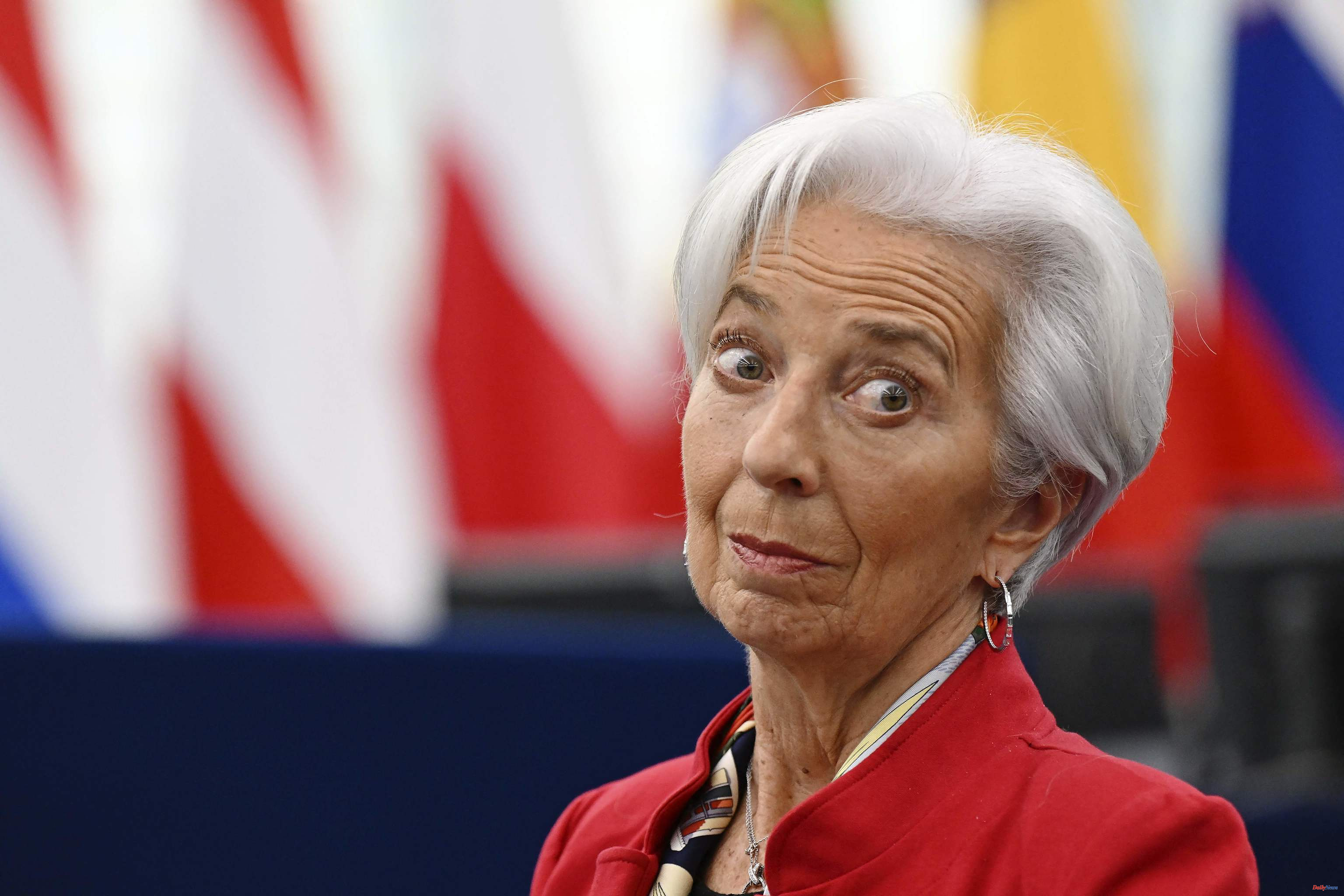The European Central Bank (ECB) demands to "begin to reverse without delay" the public support measures of the Member States as the energy crisis "becomes less acute" and the price is falling.
This is clear from the body's monthly economic bulletin made public this Thursday, in which it highlights that public aid for the crisis derived from the war in Ukraine must be "temporary", "targeted" and "adapted" to encourage less energy consumption.
"Measures that do not conform to these principles will probably increase inflationary pressures in the medium term, which would require a more determined monetary policy response," the ECB warns.
The agency values that the aid for households "will moderate inflation in 2023, but it is expected to increase it after its withdrawal." At the same time, it points out that the scope of some of these measures depends on the evolution of energy prices and their expected contribution to inflation is "particularly uncertain".
Regarding wages, he indicates that they are growing "at a faster rate" and wage negotiations "are mainly focused on a certain degree of convergence with the high level of inflation." However, the ECB sees these salary data "consistent with the macroeconomic projections" for December 2022.
Among the downside risks, he points out the recent fall in energy prices which, if it persists, "could cause inflation to fall more quickly than expected", which in turn could imply "weaker dynamics of the Underlying inflation".
Regarding bank credit to companies, the ECB notes that it has slowed down "markedly" in recent months due to the lower financing needs in a context of rising prices due to higher interest rates and a "considerable tightening of credit criteria concession".
Lastly, the Governing Council plans to increase interest rates another 50 basis points at its next monetary policy meeting in March, as announced yesterday Wednesday.
According to the criteria of The Trust Project












